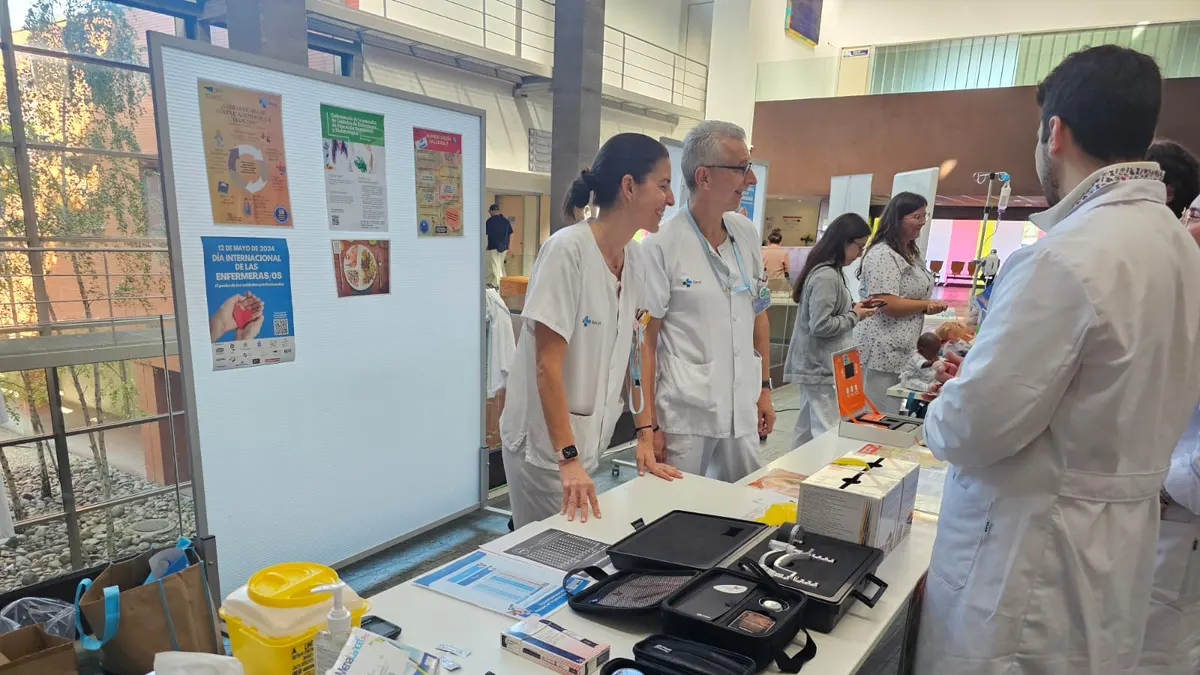Ah, to tour as Herbie Hancock.
The Chicago native, turning 84 next week, is one of music’s most catalytic forces — never mind in jazz, where he first made his name as a member of Miles Davis’s second quintet, in the 1960s. If jazz’s boundaries seem especially porous today, Hancock punched many of those holes himself: his funky band Headhunters, conceptual Mwandishi sextet and pirouette into electro with “Future Shock” all gave the genre an exhilarating rattle.
That’s a lot of ground to cover in a live gig. At the same time, Hancock runs the risk of leaving some audiences huffing and harrumphing if his setlist doesn’t touch the mega-mega-hits: “Chameleon,” “Watermelon Man,” “Cantaloupe Island” and the like.
Hancock’s Symphony Center appearance on Saturday — his 14th in 26 years — plotted the best path possible through that terrain. Smartly paced and brilliantly cast, the concert acknowledged Hancock’s ubiquity while resisting a best-hits roadshow.
The show led with what Hancock aptly termed an “Overture” — a trippy medley of his output, gradually coalescing from a wash of pre-recorded, Space Age electronica. Once Hancock’s sextet fully takes over, they usher us along a warp-speed tour of the Herbie-verse. The stops aren’t long — a wisp of “Butterfly,” a swatch of “Textures,” off 1980’s “Mr. Hands.”
By “Overture’s” end, however, Hancock’s spaceship slows to take in the view. Beninese guitarist Lionel Loueke, a former student of Hancock’s at the Herbie Hancock (formerly Thelonious Monk) Institute of Jazz, built up a thrilling one-man rendition of “Rockit” layer by layer, with loop pedal, percussive string effects and click singing, a technique borrowed from the South African Xhosa language. From there, “Chameleon” crept in, leading Hancock’s “Overture” to a crowd-pleasing, pyrotechnic end.
Where “Overture” grazed Hancock’s discography, the rest of the set went deep-sea-diving into just a few select tunes. “Footprints,” played in honor of Wayne Shorter, and “Actual Proof” both stretched into inspiring epics; in those, too, Loueke was a standout, closely shadowing Hancock’s solos throughout and feinting into a bizarro pentatonic episode in “Footprints.”
Piano and keyboard player Herbie Hancock, left, performs with five other musicians as part of the Jazz Series at Symphony Center in Chicago on Saturday, March 30, 2024. (Chris Sweda/Chicago Tribune)
When Hancock introduced “Come Running to Me,” from 1978’s “Sunlight,” he was greeted by only one half-whoop in the audience. All the better: Hancock turned that overlooked number in his catalog into an engrossing fantasia for vocoder, his voice splintering into a robotic choir. (“This is not AI,” he later joked.) The band eventually dropped out while Hancock dropped feel-good wisdom through the vocoder.
“How many families are there on the planet?” he asked, his voice refracted into a lush chord. “One!,” audience members cried back. He smiled approvingly, holding up a single finger.
For a while, it seemed as though Hancock’s famous keytar, perched behind the Fazioli grand and his Korg keyboard, would gather dust for the evening. But right on cue, he strapped it on partway through the band’s traversal of two more recent numbers: “Secret Sauce” and “Phoelix.” Hancock grooved his way to the center of the stage like a rock ‘n’ roll frontman. Later, he and Loueke, hopping up and down in unison, playfully traded licks until they were chattering over each other.
After those less familiar detours, Hancock winkingly, and seamlessly, buttoned the show with a “Chameleon” reprise — this time in a more faithful rendition, thick synth bassline and all.
Someone of Hancock’s stature has their pick of top-flight jazz musicians, as he did at Symphony Center. Trumpet eminence Terence Blanchard was there, reliably (if predictably) sailing into the stratosphere with each solo, as was bassist James Genus, of “Saturday Night Live” fame. Drummer Trevor Lawrence Jr. wasn’t one for grabby acrobatics — he had just one solo all night — but his deep-in-the-pocket playing pinned things down even when the rest of the tune was on the move.
Piano and keyboard player Herbie Hancock, left, and guitarist Lionel Loueke perform during a Jazz Series concert at Symphony Center in Chicago on Saturday, March 30, 2024. (Chris Sweda/Chicago Tribune)
But Hancock is also one of jazz’s great talent nurturers. One of those joined the band for Saturday’s show: alto saxophonist Devin Daniels, currently a masters student at the Herbie Hancock Institute. Daniels more than held his own next to the veteran players, his busy solos showcasing a harmonically inventive and motivically rigorous creative mind.
After the band’s bows, Symphony Center’s side stage door opened to let Hancock backstage. But before the sextet could retreat, Hancock’s 3-year-old grandson, Dru, came barreling onstage, flinging his arms around his grandfather. A visibly tickled Hancock took bows with the toddler before the two made a circuit of the stage, chasing one another with megawatt grins.
“‘Speak Like a Child,’ run like a child,” my companion quipped.
Make music with the wonder of a child, on the eve of 84? That’s Herbie.
Hannah Edgar is a freelance critic.
The Rubin Institute for Music Criticism helps fund our classical music coverage. The Chicago Tribune maintains editorial control over assignments and content.




